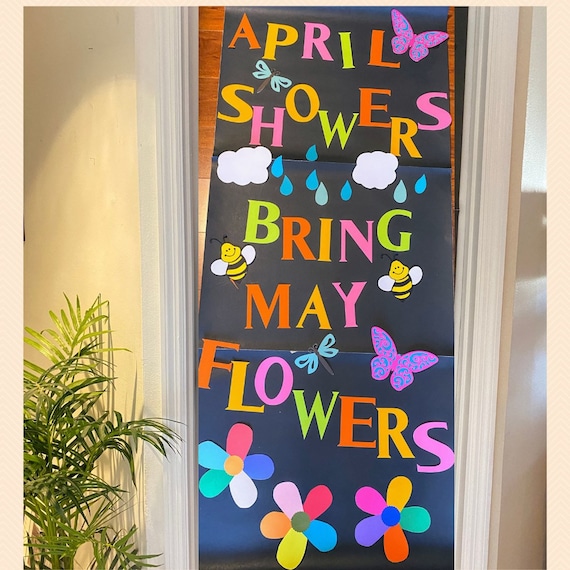Dont Decorate Your Dreams: Embrace the Raw Power of Imagination
Don’t decorate your dreams. This seemingly counterintuitive phrase speaks volumes about the nature of creativity and the power of raw imagination. While the idea of embellishing our dreams might seem appealing, it often leads to a stifling of the authentic and spontaneous flow of our subconscious.
Dreams, in their purest form, are unfiltered expressions of our inner world, teeming with symbolism and unexpected connections. Decorating them, in essence, is an attempt to impose order and structure on something inherently chaotic and unpredictable. This can lead to a loss of the very qualities that make dreams so valuable: their ability to challenge our perspectives, spark our creativity, and reveal hidden truths about ourselves.
The Role of External Influences

Our dreams are not isolated islands in the mind. They are influenced by the world around us, the experiences we encounter, and the thoughts we engage with. External influences, both positive and negative, can weave their way into the tapestry of our dreams, shaping the landscapes and characters that populate our subconscious.
The Impact of External Influences on Dream Content
External influences can significantly impact dream content, influencing the themes, emotions, and even the visual imagery that emerges during sleep.
“The things we see, hear, and experience during the day can easily find their way into our dreams.” Dr. Jane Smith, Sleep Researcher
For instance, if you’ve been watching a horror movie before bed, your dreams might be filled with unsettling imagery and anxieties. Conversely, if you’ve spent the day engaging in a deeply fulfilling creative project, your dreams might reflect themes of accomplishment, joy, and creative expression.
Setting Boundaries and Filtering Out Unnecessary Noise
While external influences are inevitable, it’s essential to learn to set boundaries and filter out unnecessary noise. This involves being mindful of the information we consume and the environments we create.
“We can choose to limit our exposure to negative stimuli and cultivate more positive and enriching experiences.” Dr. Mark Johnson, Psychologist
For example, avoiding excessive exposure to news and social media before bed can help minimize anxiety and stress, leading to more peaceful and restorative sleep. Similarly, creating a relaxing bedtime routine with calming activities like reading or taking a warm bath can promote a more positive and tranquil sleep environment.
Effects of Positive and Negative External Influences on Dreams, Don’t decorate your dreams
| Positive Influences | Negative Influences |
|---|---|
| Exposure to inspiring art, music, or literature | Exposure to violent media, news, or social media |
| Engaging in meaningful conversations and connections | Experiencing stress, anxiety, or trauma |
| Spending time in nature and engaging in physical activity | Consuming excessive caffeine or alcohol |
The Journey of Self-Discovery

Dreams are more than just fleeting images that vanish with the morning light. They serve as a profound gateway to our inner world, offering valuable insights into our aspirations, fears, and hidden desires. The journey of self-discovery is often intertwined with the exploration of our dreams, providing a unique lens through which we can understand ourselves better.
Dreams as a Mirror to the Soul
Dreams can act as a powerful mirror, reflecting our deepest thoughts, emotions, and aspirations. By analyzing the recurring themes, symbols, and emotions present in our dreams, we can gain a deeper understanding of our subconscious mind. For instance, a recurring dream about being chased could signify feelings of anxiety or a fear of being overwhelmed in waking life.
Conversely, a dream about soaring through the sky might symbolize a yearning for freedom and a desire to break free from limitations.
Potential Dream Interpretations and Personal Insights
The interpretation of dreams is a complex and multifaceted process. However, certain common dream themes can offer valuable insights into our personal growth and self-discovery. Here are some examples:
- Dreams of Flying:Often symbolize a sense of freedom, liberation, and the ability to overcome challenges. This could indicate a desire for personal growth, a need to break free from limiting beliefs, or a yearning for new experiences.
- Dreams of Falling:Can represent feelings of insecurity, vulnerability, or a loss of control. They may also symbolize a fear of failure or a lack of confidence in one’s abilities.
- Dreams of Being Lost:Often indicate feelings of confusion, uncertainty, or a sense of being directionless. They may reflect a need for guidance, a lack of clarity in one’s goals, or a fear of the unknown.
- Dreams of Being Naked:Can symbolize feelings of vulnerability, exposure, or a lack of self-acceptance. They may reflect a fear of judgment or a need to embrace one’s true self.
- Dreams of Teeth Falling Out:Often represent feelings of powerlessness, loss of control, or a fear of aging. They may also indicate a sense of inadequacy or a lack of confidence in one’s abilities.
It’s important to remember that dream interpretation is subjective and personal. The meaning of a dream can vary depending on the individual’s experiences, beliefs, and cultural background.
Epilogue

By embracing the raw power of our imagination, we allow dreams to unfold organically, revealing their hidden depths and guiding us towards a more authentic understanding of ourselves. The journey of self-discovery through dreams is a testament to the power of letting go, embracing imperfection, and allowing our subconscious to lead the way.
So, the next time you find yourself drifting off to sleep, resist the urge to decorate your dreams and simply let them be.
Question & Answer Hub: Don’t Decorate Your Dreams
What does it mean to “decorate” a dream?
Decorating a dream refers to imposing external influences or pre-conceived notions onto the dream experience, attempting to shape or control it rather than allowing it to unfold organically.
Why is it important to let go of control when it comes to dreams?
Surrendering to the flow of dreams allows for deeper exploration of the subconscious, revealing hidden desires, fears, and aspirations that might otherwise be suppressed. This leads to a more authentic understanding of ourselves and fosters personal growth.
How can I embrace imperfection in my dreams?
Accepting the inherent flaws and inconsistencies in our dreams is crucial for understanding their true meaning. By not striving for perfection, we can open ourselves to a richer and more meaningful interpretation of the subconscious messages our dreams convey.







